20 Sustainable Sips to Cheer For
Food Tank
OCTOBER 11, 2023
According to a study published in the Journal of Cleaner Production and Beverages , the production of alcoholic beverages can contribute to greenhouse gas emissions, land degradation, and water depletion. It also reveals that the production cultivation of barley and hops is responsible for most of the environmental impact of beer.

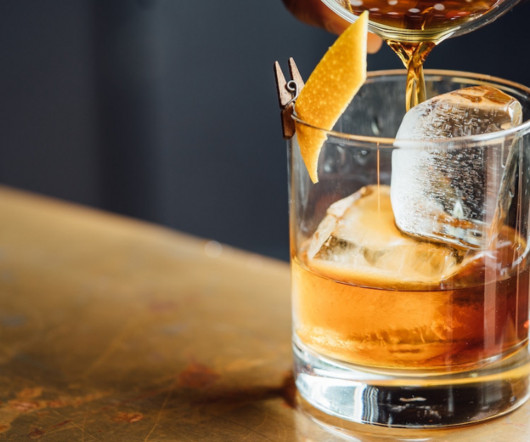

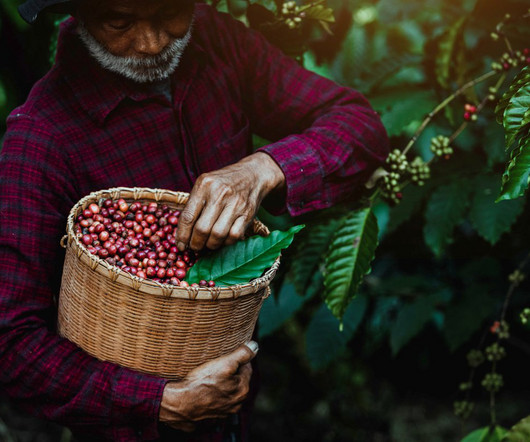



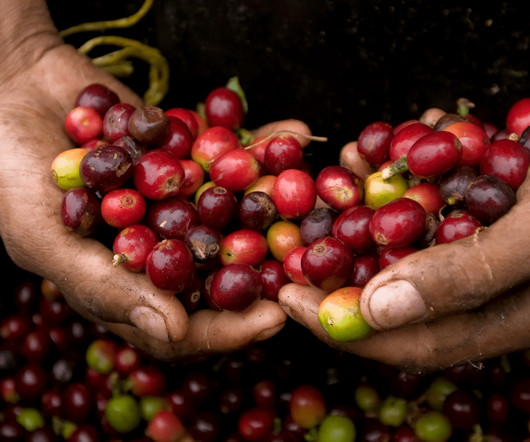
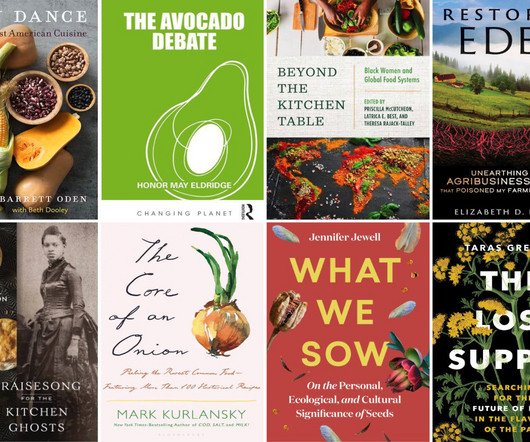
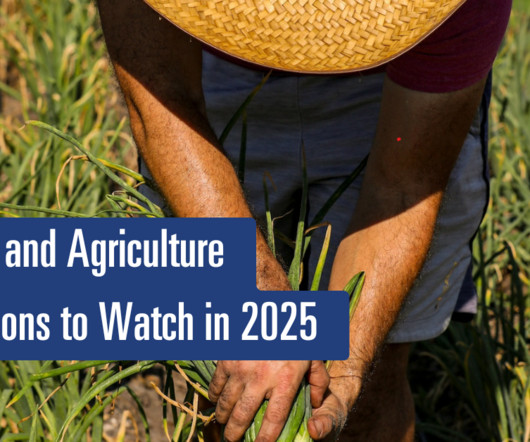
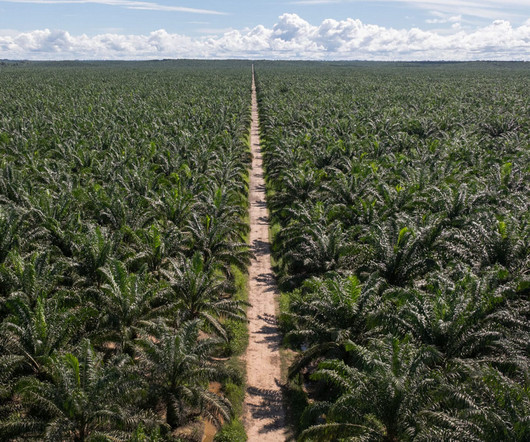






Let's personalize your content